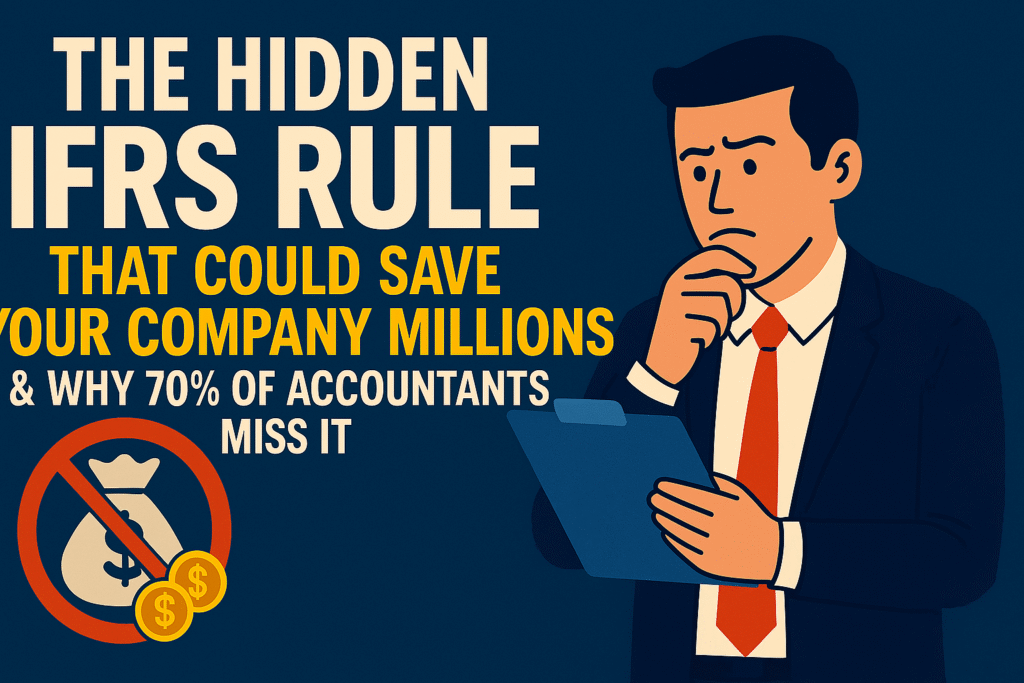The Hidden IFRS Rule That Could Save Your Company Millions (And Why 70% of Accountants Miss It)

Imagine this: A big company just found out they’ve been recording their office leases wrong for three years. The cost? $12 million in corrections. All because they missed one small rule in IFRS 16.
What’s the Big Deal?
When IFRS 16 came out in 2019, everyone focused on the main change: putting all leases on the balance sheet. But there’s a tricky part that many accountants still get wrong—knowing when a lease change is a “modification” versus a “reassessment.”
Here’s the simple difference:
- Modification = Adding something new that wasn’t in the original deal (like renting extra floors)
- Reassessment = Updating your best guess about something already in the contract (like whether you’ll renew)
Why Should You Care?
These two things need completely different accounting treatments. Get it wrong, and you’ll have to redo your numbers—and maybe face some tough questions from auditors.
Real example: A growing company has a 5-year office lease with an option to stay another 6 years. After two years, business is booming and they’re now sure they’ll stay. Many accountants think this is a modification. It’s not—it’s a reassessment. Knowing this saves hours of work and prevents errors.
The Domino Effect
One mistake here affects everything:
- Your debt calculations
- Your profit reports
- Your tax numbers
- The ratios that banks and investors watch
Your Takeaway as an Accountant
Don’t just read the rules—really understand them. Make simple flowcharts for tricky areas. When something seems unclear, write down why you chose your approach. The biggest accounting mistakes often happen when we assume something is simple when it’s not.
Remember: Good accountants follow the rules. Great accountants understand why the rules exist.
Join the conversation at ACCOUNTANT MINDSET—where we make complex accounting simple and help each other grow.
